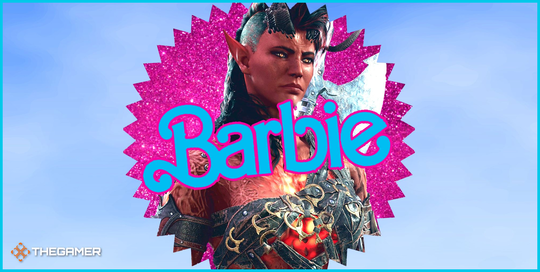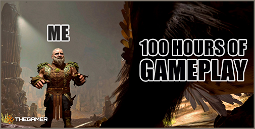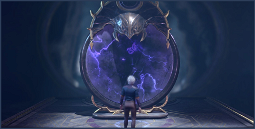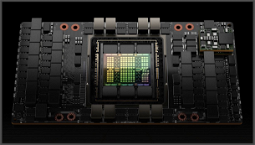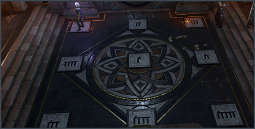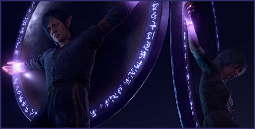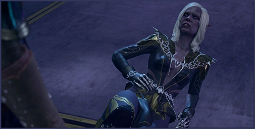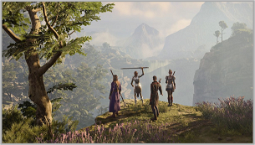The Success of Inclusive Games
The “go woke, go broke” theory is one that we’ve all heard about before. While I myself am a big proponent of games and movies that are more inclusive and progressive, the belief is that it’ll hurt sales and damage the bottom line. After all, if conservative outrage can hurt Bud Light, then surely it can hurt any game or movie, right? Well, not exactly.
Barbie's Billion Dollar Sales
Barbie’s themes of self-empowerment and inclusivity apparently didn’t hurt its sales, as the doll has made over a billion dollars since its “Project Inspire” initiative began. While the initiative was criticized by some for being “too political,” it didn’t stop people from buying the doll, and it didn’t stop people from buying the new game either.
Barbie games and movies are more successful than some PC games, and the Bud Light debacle proved that while conservative criticism can hurt products, it takes a fully mobilized right-wing movement to actually dent a product’s success.
The Success of Baldur’s Gate 3
Take the launch of Baldur’s Gate 3, for example. The game released on Steam recently and has been a massive success, with over 814,000 concurrent players at its peak. The game features a trans-inclusive character creator and an open-mindedness towards sexuality, and while it’s not perfect, it’s certainly progressive.
But while the game has gotten praise from many members of the LGBTQ community, it still managed to upset the conservative base. So why has it done so well despite this backlash? Well, for one, it primarily targeted a progressive audience, and the people who would be upset by the inclusivity weren’t a big part of the base.
Whereas Bud Light was primarily aimed at conservative, working-class audiences, Barbie and Baldur’s Gate 3 were aimed at more progressive audiences. While there will always be people upset about the messages being sent, the outrage didn’t spread like wildfire because these bases don’t skew conservative.
The Complexity of Interpretation
The other big difference between Bud Light and the games is that Bud Light’s controversy gained traction due to its easily digestible nature. A beer with a pro-Trump slogan is something that anyone can understand as “bad”, while a movie or game with progressive messages can be more complex and open to interpretation.
Movies and games are often open to interpretation, meaning that it’s harder for conservatives to attack them directly. A movie like Barbie has less to do with politics and more to do with self-empowerment, with conservatives having a harder time attacking it directly.
However, it does still take a fully mobilized right-wing movement to dent a product’s success. A game like Baldur’s Gate 3 will naturally have fewer people upset about its themes than something like a beer, but it still takes a lot of people to boycott a game like this to make an impact.
The Bud Light boycott was successful because it was an easy target. It was a beer, after all, and it very obviously had a conservative base that would be upset by the move. It was also a very easy boycott to engage in, as it didn’t require a change in behavior or a conscious decision to not support the company.
When people truly want to play or watch something, it doesn’t matter how easy it is to criticize that product. While the success of the Bud Light boycott was impressive, it didn’t stop people from playing or streaming games like Horizon Dawn, despite it also having a conservative, pro-Trump audience.
